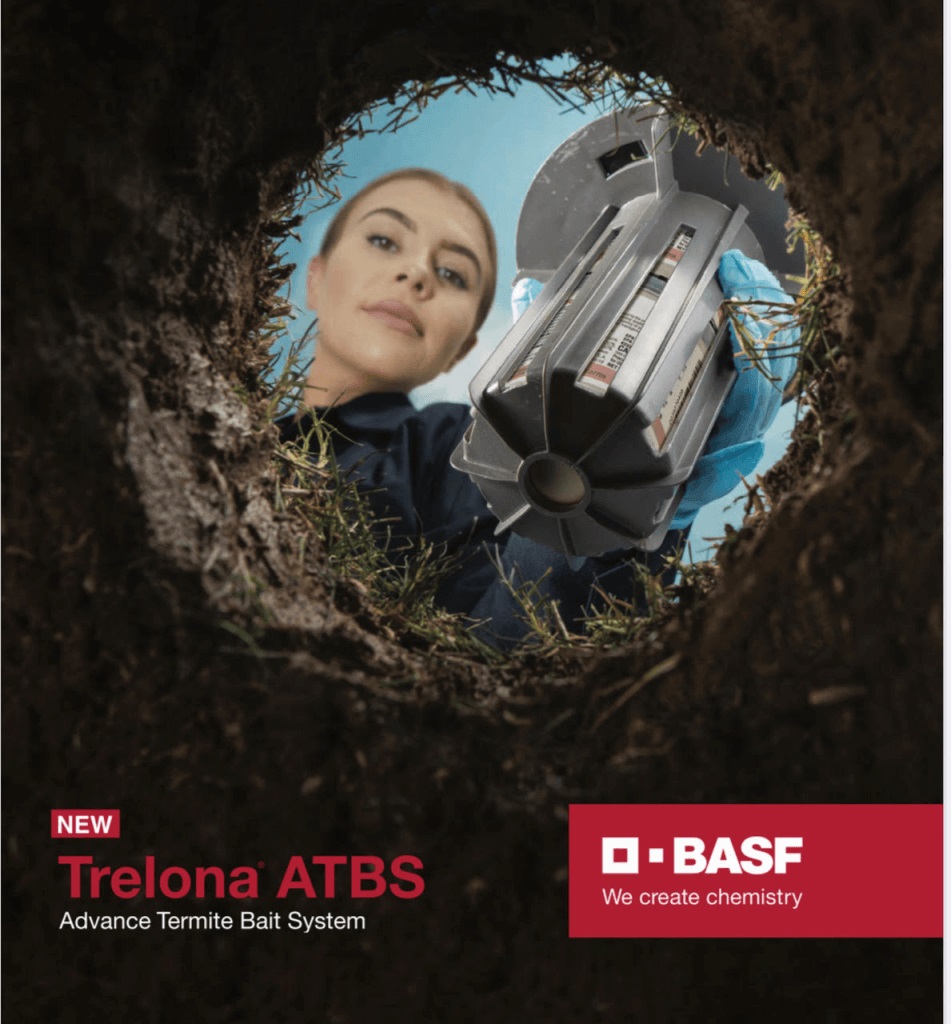
BOOK NOW
Under 60 Seconds
BOOK NOW
Under 60 Seconds
02 87 66 05 89
CALL US FOR EXPERT ADVICE OR FREE QUOTE
0404 130 944
CALL US FOR EXPERT ADVICE OR FREE QUOTE
0404 130 944
Call for Expert Advice or Free Quote

Under 60 Seconds
Under 60 Seconds
CALL US FOR EXPERT ADVICE OR FREE QUOTE
CALL US FOR EXPERT ADVICE OR FREE QUOTE
Call for Expert Advice or Free Quote
As spring blooms in Sydney, the increase in temperature and humidity not only brings about new growth but also awakens a range of pests that pose significant dangers. Beyond being mere annoyances, these pests can have serious implications for both health and property. Understanding these risks and knowing how to identify and address pest problems is crucial for maintaining a safe and secure environment. This article explores the health risks associated with spring pests, how they can damage your property, the warning signs of an infestation, and the best ways to tackle these issues.
Spring’s arrival brings a surge in pest activity, and many of these pests pose serious health risks. From allergies to serious diseases, the potential health impacts are substantial.
Many pests, such as cockroaches and dust mites, are known allergens. Their droppings, body parts, and saliva can trigger allergic reactions in sensitive individuals. Common symptoms include sneezing, itchy eyes, and respiratory issues. In severe cases, prolonged exposure can lead to asthma exacerbations.
Some spring pests, like mosquitoes, are vectors for diseases. Mosquitoes can transmit illnesses such as Ross River virus and Barmah Forest virus. These diseases can cause flu-like symptoms and, in some cases, long-term health issues. It’s crucial to manage mosquito populations to prevent outbreaks.
Rodents are notorious carriers of zoonotic diseases, which are transmitted from animals to humans. Diseases such as leptospirosis and hantavirus can be spread through contact with rodent urine, droppings, or saliva. These diseases can cause serious health problems, including kidney damage and respiratory issues.
Insects like spiders and ants can deliver bites or stings that cause discomfort and, in some cases, allergic reactions. The venom from bites can lead to symptoms ranging from mild irritation to severe pain and swelling. Certain species, such as the redback spider, have venom that can be life-threatening without prompt medical treatment.
Spring pests don’t just pose health risks; they can also cause significant damage to your property. The extent of damage can vary depending on the type of pest and the level of infestation.
Termites are among the most destructive pests, feeding on wood and cellulose-based materials. In spring, their activity increases as they swarm to establish new colonies. Termites can compromise the structural integrity of buildings by causing extensive damage to timber frameworks, floors, and furniture.
Rodents, such as rats and mice, are known for their tendency to gnaw on electrical wires. This behaviour can lead to short circuits, electrical fires, and significant damage to wiring systems. In addition to creating fire hazards, damaged electrical systems can cause disruptions in essential services.
Cockroaches and rodents can contaminate food, surfaces, and utensils with their droppings, urine, and body parts. This contamination poses health risks and can lead to unpleasant odours and unsanitary conditions. In commercial settings, such as restaurants, this can result in health code violations and loss of business.
Damage to Belongings: Pests like moths and carpet beetles can cause damage to fabrics, carpets, and other materials. These pests feed on natural fibres, leading to holes and deterioration in clothing, upholstery, and other textiles. In severe infestations, the damage can be extensive and costly to repair.
Recognising the early signs of a pest infestation is crucial for effective management. Identifying these signs early can help prevent more severe problems and reduce the extent of damage.
Seeing pests such as cockroaches, ants, or rodents is a clear indicator of an infestation. Regularly check areas where pests are likely to appear, such as kitchens, bathrooms, and storage spaces.
Pests like rodents and cockroaches leave behind droppings that can be found in areas they frequent. Rodent droppings are typically cylindrical, while cockroach droppings resemble black pepper or coffee grounds. Finding these droppings can indicate a nearby infestation.
Many pests build nests or hide in materials such as insulation, paper, or fabric. For example, rodents may create nests in hidden areas like attics or behind walls. Look for signs of nesting materials or chewed-up items as indicators of a pest presence.
Evidence of gnaw marks on wires, furniture, or other materials can indicate rodent activity. Similarly, damaged wood or unexplained holes in walls and floors may be signs of termite or other pest infestations.
An infestation can also produce distinctive odours. For instance, a musty smell might indicate a large rodent population or a termite problem. Unpleasant odours from dead pests can also signal an infestation.
Addressing a pest infestation effectively requires a combination of preventive measures and targeted treatments. Here are some steps to take if you suspect a pest problem.
Accurate identification of the pest is crucial for effective treatment. Different pests require different approaches, so knowing what you’re dealing with helps in selecting the appropriate control methods.
Maintaining cleanliness and reducing clutter can help in managing pests. Remove food sources, clean up spills promptly, and dispose of rubbish regularly. Decluttering areas can also eliminate potential hiding spots for pests.
Prevent pests from entering by sealing cracks, gaps, and other entry points in your property. Use caulk, weather stripping, and other materials to block access points and reduce the chances of pests getting inside.
Depending on the severity of the infestation, you may need to employ pest control measures such as traps, baits, or insecticides. For severe or persistent infestations, professional pest control services can provide targeted treatments and long-term solutions.
For many infestations, especially those involving termites or large rodent populations, professional pest control services are recommended. Experts can assess the situation, provide comprehensive treatments, and offer advice on preventing future infestations.
Understanding the hidden dangers of spring pests and taking proactive measures can help protect your health and property. By recognising the health risks, potential damage, and warning signs of infestations, you can address pest problems effectively and prevent them from escalating. Regular inspections and timely interventions are essential in maintaining a pest-free environment. If you’re facing a pest issue or want to prevent future problems, contact ABC Pest Control Sydney. Our expert team is ready to provide the professional help you need to keep your home or business safe and secure from pests.
Business name : ABC Pest Control
Business address : Parramatta, NSW
Business phone number: +61292699174
Business Hours
| Monday | 7:00 AM – 7:00 PM | |
| Tuesday | 7:00 AM – 7:00 PM | |
| Wednesday | 7:00 AM – 7:00 PM | |
| Thursday | 7:00 AM – 7:00 PM | |
| Friday | 7:00 AM – 7:00 PM | |
| Saturday | 7:00 AM – 4:00 PM | |
| Sunday | Closed |
Australian Owned and Operated

